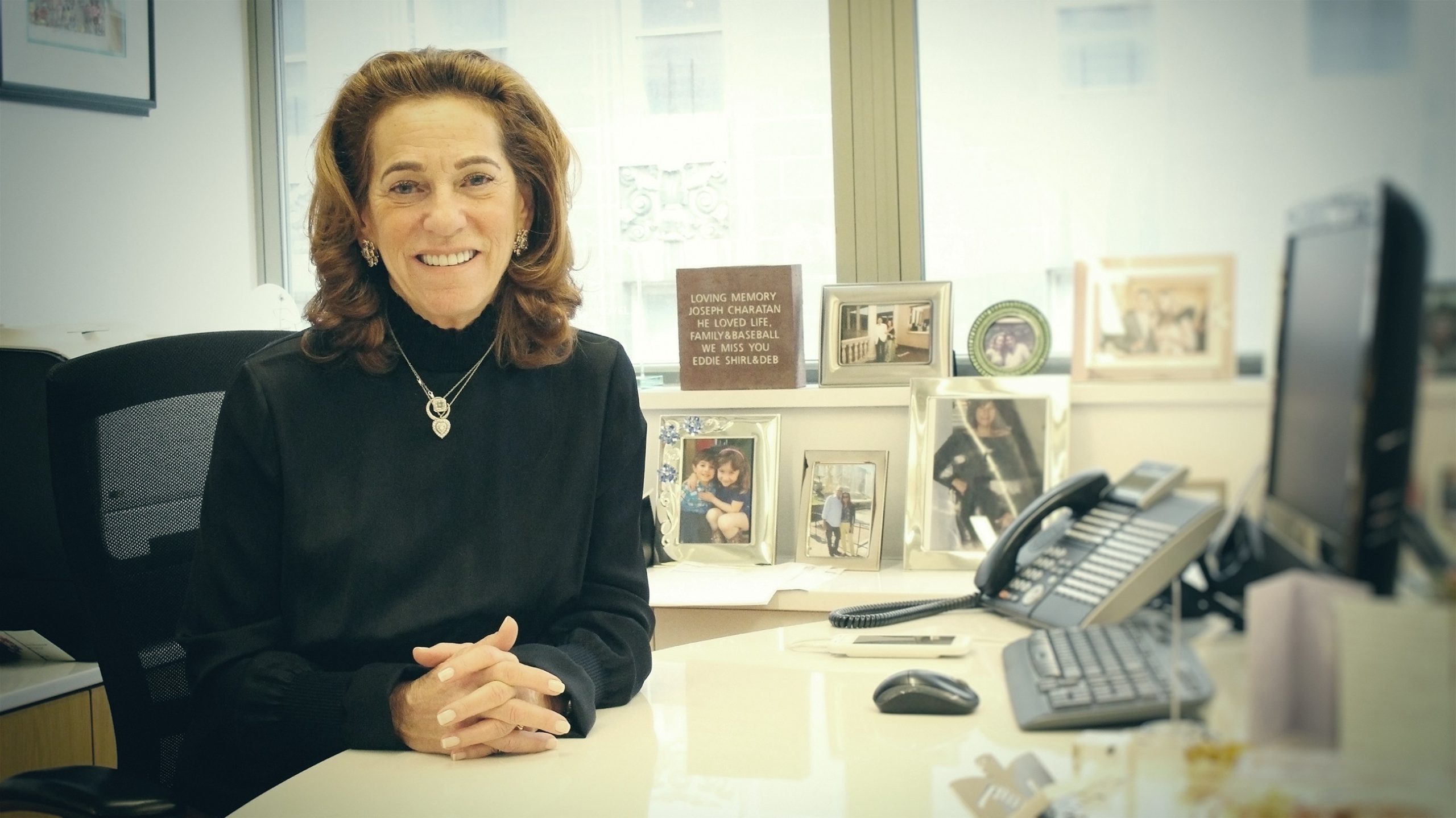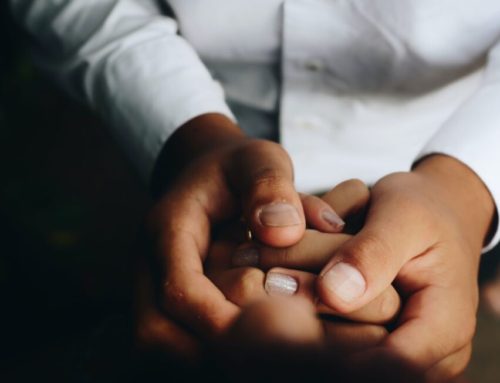This article, by Gillian Wood, was originally published on Medium.
Ask a philanthropist why they started giving, and you’ll usually find that they have a story to tell. In Debrah Lee Charatan’s case, that story isn’t hers, but her parents’.
Charatan, a real estate expert and NYC-based entrepreneur, is no stranger to nonprofit work. She is the founder of the Charatan Family Foundation, which provides support to art, cultural, medical, and other humanitarian causes in the greater New York City area. She also stands on the Metropolitan Museum of Art’s Real Estate Council. Over the years, Charatan’s generosity has extended to a plethora of causes, including the Rainforest Foundation, the Friendship Circle, the United States Holocaust Memorial Museum, Park East Synagogue, Chabad of Southampton, and the Jewish Museum.
Debrah Lee Charatan’s philanthropic efforts are diverse — and yet, one cause stands above the rest in her giving history: remembering and supporting those impacted by the Holocaust.
While Charatan herself grew up in Queens, New York, her parents were born in Europe. Both managed to survive the horrors of the Holocaust, but ultimately lost their homes, family members, and sense of security. The pair met in Munich after the war ended; they married and immigrated to New York City in 1949. Though her parents rarely reflected on their experiences during the Holocaust, the genocide cast a shadow over Charatan’s family history. She came to be both acutely aware of her heritage and motivated to honor survivors like her parents.
In addition to providing financial support to the organizations mentioned above, Debrah Lee Charatan also serves as the vice-chair of the board of trustees for the Selfhelp Community Services Organization, a senior care nonprofit that provides care to Holocaust survivors and others in need. Currently, the organization cares for well over 4,500 elderly and frail individuals.
As Selfhelp describes its mission on its website, “Selfhelp’s services for Holocaust survivors honor the sacred pledge made by our founders: to serve as the last surviving relative to victims of Nazi persecution. This promise remains our imperative. Our overarching goal is to provide Holocaust survivors with the services they need so that they may live with the comfort and dignity they so richly deserve.”
Selfhelp’s directives matter to Charatan because she has seen firsthand how difficult it can be for seniors to navigate their sunset years without the support of long-established family networks. She has stood with the organization for years, offering business guidance and financial support.
Last September, Selfhelp honored Debrah Lee Charatan with the opportunity to name one of the organization’s newest buildings after her parents. The dedication was incredibly meaningful to her.
“Dedicating this building seemed like the perfect way to honor the memory of my parents,” Charatan shared during the opening ceremony for the building. “For these residents, this place is a castle, just as our small apartment was to my parents. It is a home — one where people who live together care about one another and can share the daily joys of life.”
Debrah Lee Charatan’s philanthropic legacy will have a profound positive impact not only on the Holocaust survivors that Selfhelp serves but our society as a whole. Her work with historical organizations such as the Jewish Partisans Educational Foundation and the United States Holocaust Memorial Museum help preserve the harsh reality of the Holocaust for future generations.
“I have spent my life honoring the stories of those who lost their lives to the Holocaust,” Charatan reflected on her work in an article for Thrive Global. “I believe that sharing those experiences, accepting them, was the only way that we could avoid such tragedies in the future.”
As philanthropic legacies go, it’s certainly an honorable one.






